- Across the Nation: Real-Time Updates & In-Depth Analysis of breaking news in nigeria today 24/7, Fueling Informed Decisions.
- Recent Political Developments
- Electoral Reform Debates
- Power Dynamics and Zoning
- Economic Challenges and Initiatives
- Inflation and Cost of Living
- Diversification Efforts
- Security Concerns and Regional Stability
- Addressing the Insurgency
- Regional Cooperation
- Social Issues and Development
- Education and Healthcare
- Youth Employment and Empowerment
Across the Nation: Real-Time Updates & In-Depth Analysis of breaking news in nigeria today 24/7, Fueling Informed Decisions.
The flow of information is critical in today’s world, and Nigeria is no exception. Staying informed about the latest developments is essential for citizens, businesses, and anyone with an interest in the nation’s progress. Access to accurate and timely updates, beyond the headline, allows for better decision-making and a more comprehensive understanding of the issues shaping the country. This detailed report provides a continuous stream of breaking news in nigeria today 24/7, coupled with in-depth analysis, aiming to empower individuals with the knowledge they need to navigate an ever-changing landscape.
Recent Political Developments
Nigeria’s political scene has been particularly active in recent weeks, with ongoing debates regarding electoral reforms and preparations for future elections. Discussions surrounding the amendment of electoral laws have sparked considerable controversy, focusing on key issues such as electronic voting and the possibility of direct primaries. These potential changes aim to address past challenges and improve the integrity of the electoral process. Furthermore, discussions about zoning and power rotation are gaining importance as political parties prepare for upcoming national elections.
| President Bola Ahmed Tinubu | Addressed the nation on economic reforms. | All Progressives Congress (APC) |
| Atiku Abubakar | Participated in a stakeholders’ meeting on national security. | People’s Democratic Party (PDP) |
| Peter Obi | Called for increased investment in education and healthcare. | Labour Party (LP) |
Electoral Reform Debates
The debate surrounding electoral reform in Nigeria is particularly complex. Advocates for electronic voting argue it will enhance transparency and reduce rigging, while critics express concerns about potential vulnerabilities to cyberattacks and the digital divide. Discussions about direct primaries, where party members directly choose candidates, aim to empower grassroots participation. However, there are concerns about the logistical challenges and potential for manipulation in large-scale direct primaries. Strong voices support reforms aimed at strengthening the independence of the Independent National Electoral Commission (INEC) and providing them with the resources they need to conduct free and fair elections. The amendments proposed seek to address recurring issues of electoral violence and disputes.
Power Dynamics and Zoning
The concept of “zoning,” referring to the rotation of power between different regions, is a recurring theme in Nigerian politics. It is often seen as a way to ensure inclusivity and prevent the domination of one particular group. However, zoning arrangements have often proven controversial, with disagreements over which regions should be considered for the next rotation. The upcoming elections have intensified these debates, with various stakeholders pushing for different zoning scenarios. The push and pull between various interest groups creates a messy panorama, that is central to defining the next chapter of the nation’s progression.
Economic Challenges and Initiatives
Nigeria’s economy is facing a multitude of challenges, including fluctuating oil prices, rising inflation, and limited diversification. The government is implementing various initiatives to address these issues, including efforts to attract foreign investment. Promoting non-oil sectors, such as agriculture and manufacturing, holds key potential to create jobs and become a lasting base for economic growth. The nation is also battling unemployment and the effect of climate change on its ability to produce sufficient sustenance for its growing population.
Inflation and Cost of Living
The rising cost of living is a major concern for many Nigerians. Factors such as currency devaluation, supply chain disruptions, and increased import costs contribute to inflation. The prices of essential commodities, including food, fuel, and transportation, have been steadily increasing, impacting household budgets. The government is implementing monetary and fiscal policies to curb inflation, but their effectiveness remains to be seen. To combat this a new parliament will be elected in February 2024 to address concerns about the issues. The impact of these changes is already being discussed, with the effect of increased prices and a devaluation of the Naira being the two key talking points.
Diversification Efforts
Recognizing the vulnerability of an economy heavily reliant on oil, Nigeria is actively pursuing diversification initiatives. The goal is to reduce the dependence on oil revenue and develop other sectors with growth potential. Agriculture is a key focus, with investments aimed at improving productivity and creating value-added processing industries. The manufacturing sector is also being targeted, with incentives offered to attract local and foreign investment. The tourism and creative industries are beginning to unlock potentials, though infrastructure is still lagging. Achieving meaningful diversification will require sustained commitment and a favorable business environment.
Security Concerns and Regional Stability
Nigeria continues to grapple with significant security challenges, including Boko Haram insurgency in the northeast, banditry in the northwest, and farmer-herder conflicts in the central region. The government is investing in military operations and intelligence gathering to combat these threats. Regional collaboration with neighboring countries is also crucial in addressing cross-border security issues. These clashes pose a significant threat to the internal stability of one of the continent’s largest economies. The rise in security challenges, coupled with political instability and economic hardship, is also compounding existing development challenges.
- Boko Haram continues to pose a threat in the Northeast, despite military efforts.
- Banditry in the Northwest is causing widespread displacement and loss of life.
- Farmer-herder conflicts are escalating, leading to violence and instability.
- Cybersecurity threats are increasing, requiring robust defenses and collaboration.
Addressing the Insurgency
The Boko Haram insurgency in the Northeast has caused immense suffering and displacement. While significant gains have been made in reclaiming territory from the insurgents, the threat remains. Addressing the underlying causes of the insurgency, such as poverty, lack of education, and political marginalization, is crucial for long-term stability. Furthermore, providing rehabilitation and reintegration programs for former combatants is essential. A multi-faceted approach, combining military action with development initiatives, is necessary to tackle the insurgency effectively. A plan is in place to reintegrate ex-militants, giving them job skills and income opportunities helping them to become productive members of society.
Regional Cooperation
Addressing Nigeria’s security challenges requires robust regional cooperation. Collaboration with neighboring countries, such as Niger, Chad, and Cameroon, is essential in tackling cross-border threats. Sharing intelligence, conducting joint military operations, and coordinating border security measures can help disrupt the activities of insurgents and criminal groups. Strengthening regional frameworks for conflict resolution and promoting peacebuilding initiatives are also critical. The government is also involved in several diplomatic initiatives, collaborating with international agencies and aligning with regional policies.
Social Issues and Development
Nigeria faces a range of social issues, including poverty, unemployment, access to healthcare and education, and social inequality. The government is implementing various programs to address these challenges, but progress remains slow. Investing in education and healthcare is vital for human capital development. Addressing social inequalities is crucial for fostering a more inclusive and cohesive society. Increasing investment in basic infrastructure is critical if the nation is to meet Sustainable Development Goals.
- Improving access to quality education for all.
- Strengthening the healthcare system and ensuring universal health coverage.
- Creating employment opportunities for young people.
- Investing in infrastructure development, including roads, electricity, and water.
- Addressing social inequalities and promoting gender equality.
Education and Healthcare
Investing in education and healthcare is crucial for improving the well-being of Nigerians. Access to quality education empowers individuals and boosts national development. The current level of funding for education and healthcare is insufficient and inequalities in access persist, particularly in rural areas. Addressing these challenges requires increased investment, improved service delivery, and greater accountability. A national health insurance scheme and improving private sector participation are strategies that can help provide healthcare for all.
Youth Employment and Empowerment
Youth unemployment is a significant challenge in Nigeria. Creating employment opportunities for young people is essential for reducing poverty, preventing social unrest, and harnessing the country’s demographic dividend. The government is implementing various programs to promote entrepreneurship and skills development. Investing in vocational training and supporting small and medium-sized enterprises are key strategies. The need to invest in young entrepreneurs building tech-driven solutions is critical for unlocking the economy’s vast potential.

